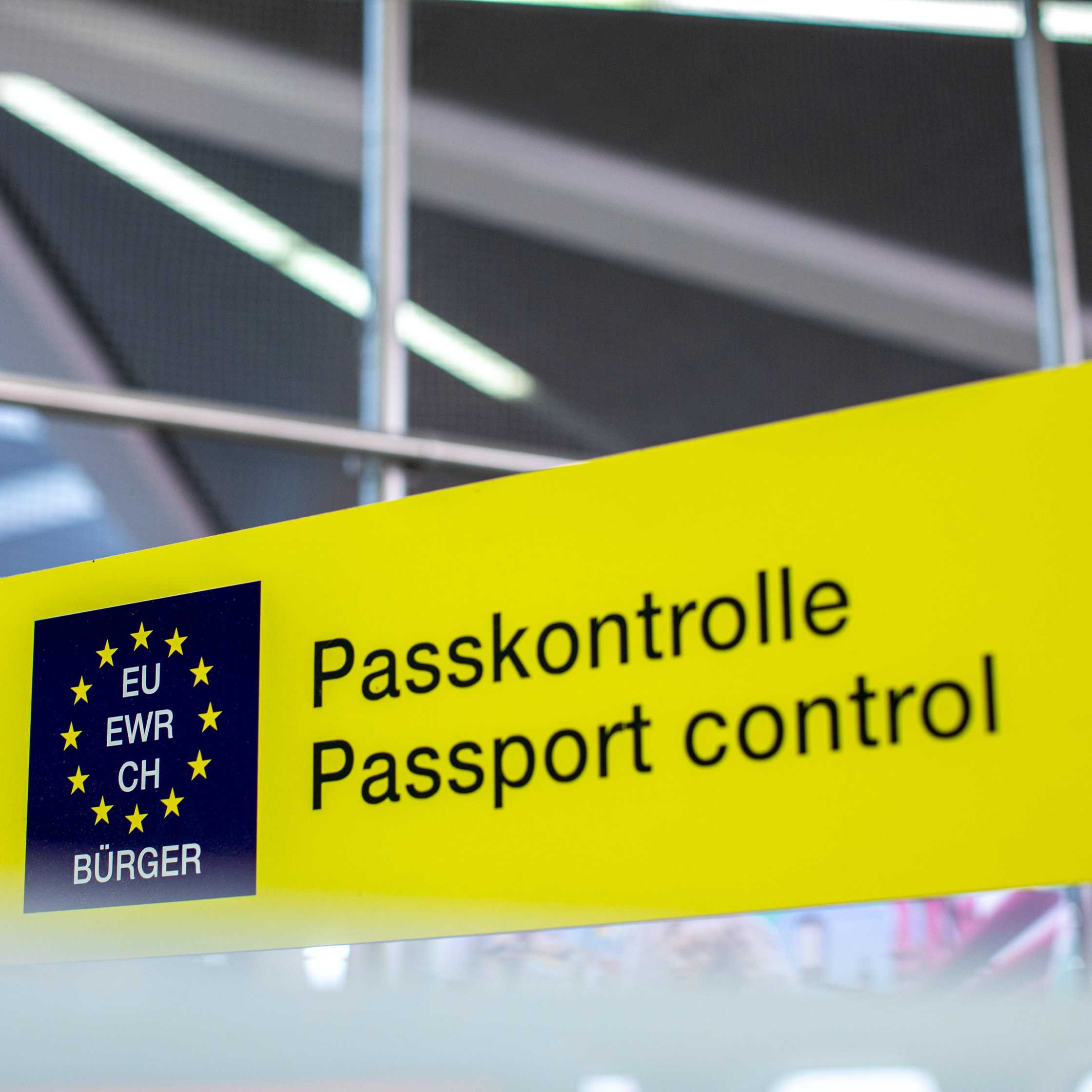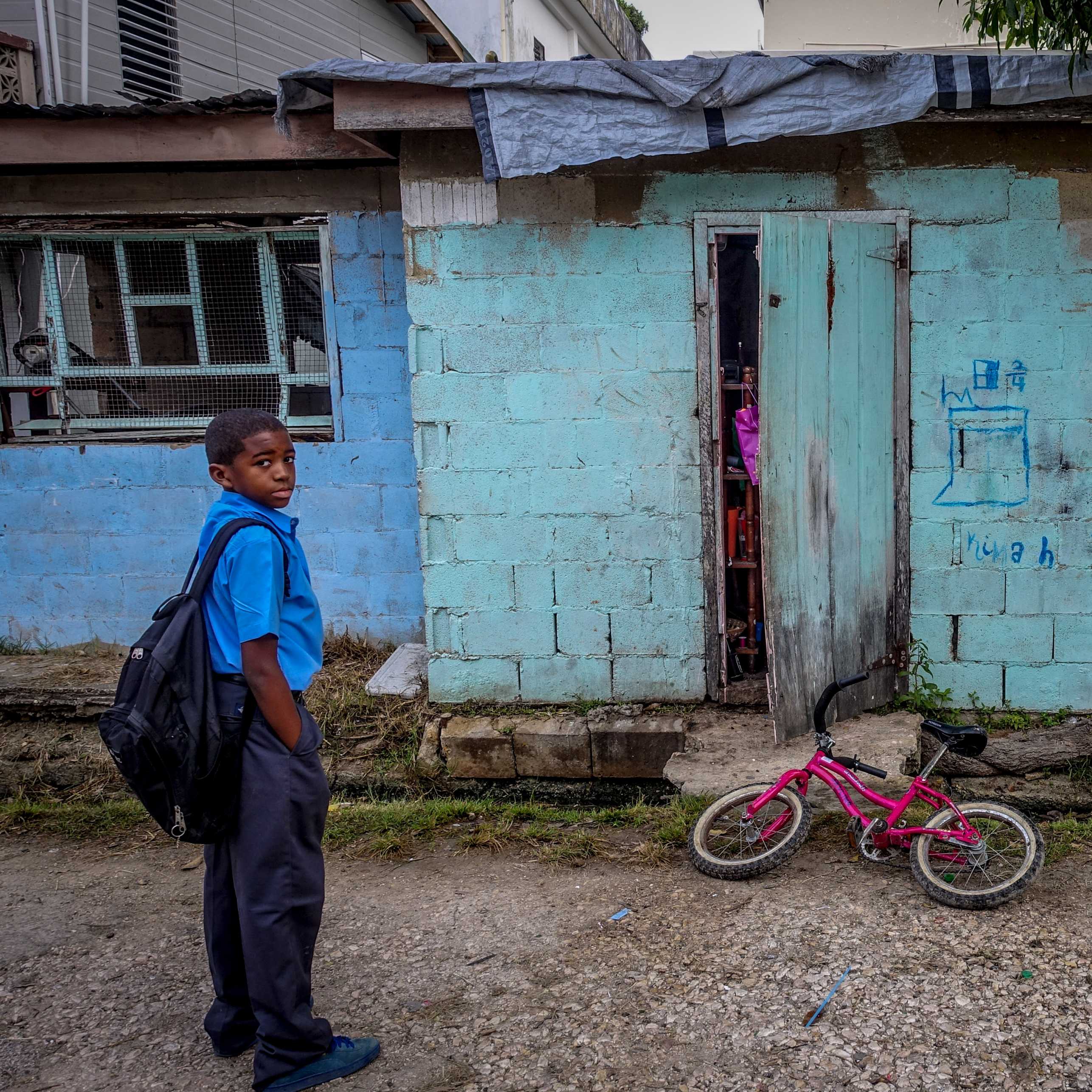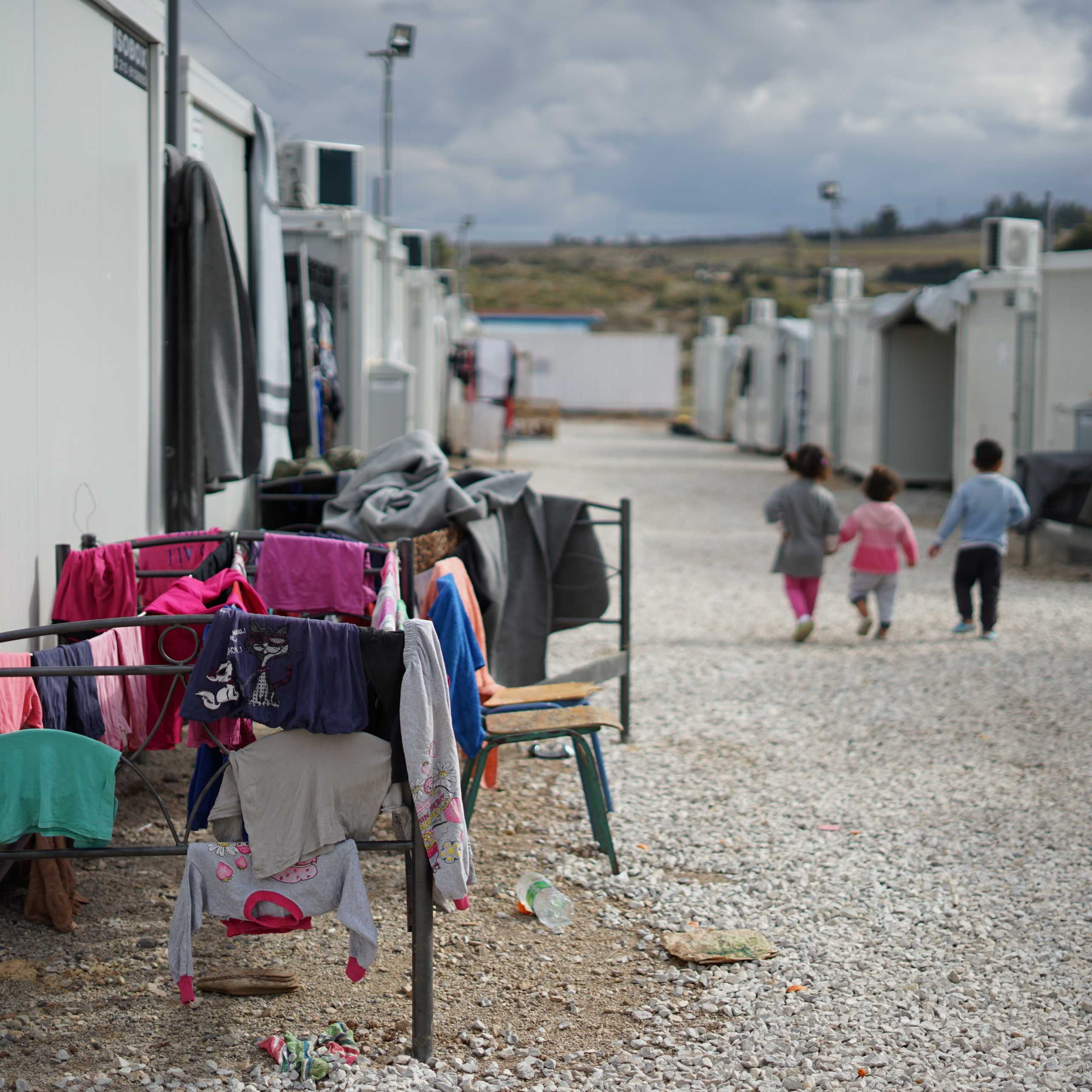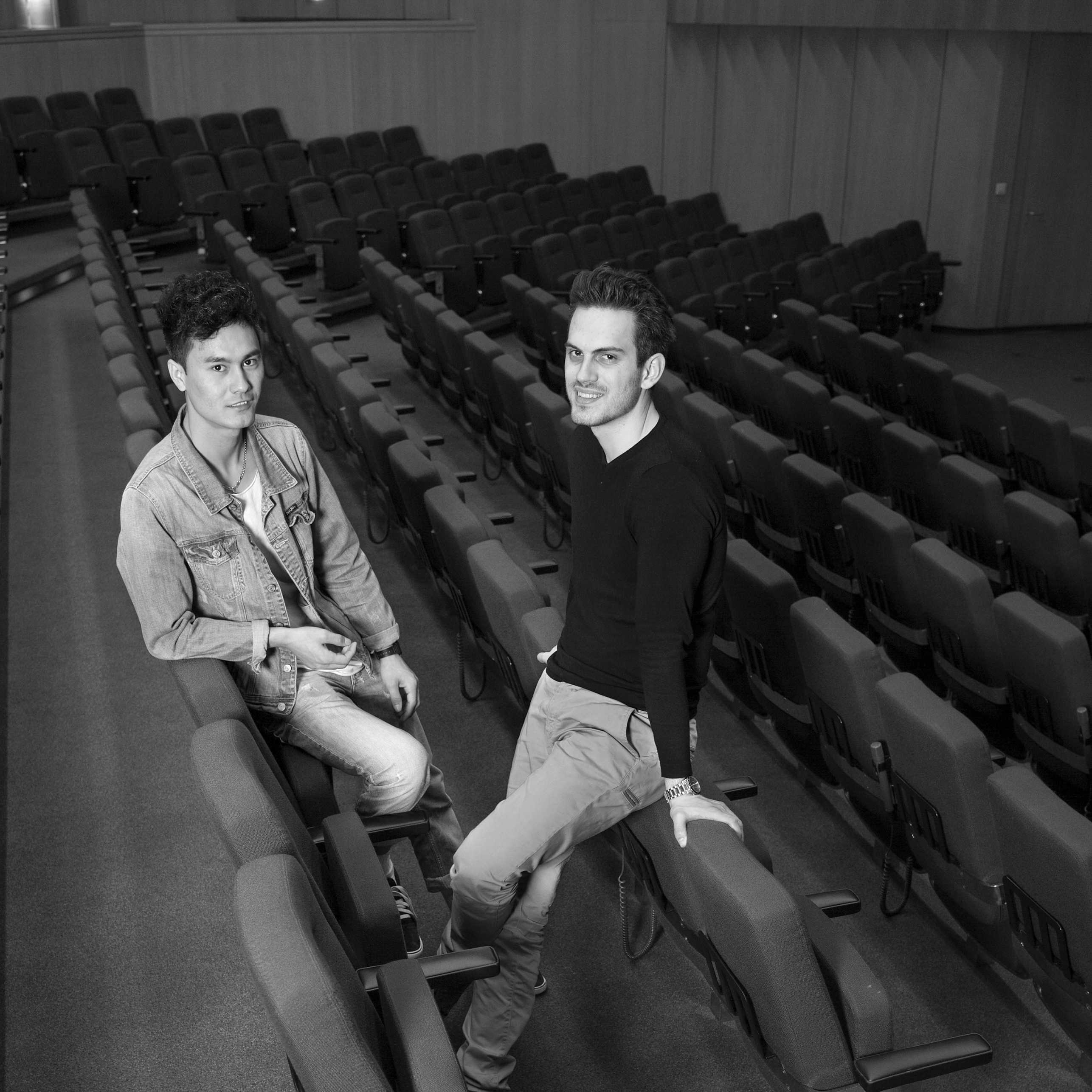Goal 10: Reduced Inequalities
Reduce inequality within and among countries
Global inequalities are massive and present one of the biggest obstacles to sustainable development and the fight against poverty. Inequality within many countries has been rising in recent years. Therefore, Goal 10 focuses on reducing inequality within and among countries. Goal 10 advocates delivering sustained income growth to the poorest 40% of the global population and achieving empowerment and social, economic and political inclusion for all by 2030. Goal 10 aims to ensure equal opportunities through the elimination of discriminatory laws, policies and practices, while facilitating orderly and safe human migration and mobility via the implementation of sound migration policies for example. It also envisages enhanced representation and a greater voice for developing countries in decision-making within international economic and financial institutions.
Source: www.eda.admin.ch/agenda2030 (edited)
Contributions of ETH Zurich (examples)
Within the framework of its core areas of research, education, campus and dialog with society, ETH Zurich contributes to Goal 10, for example, by the following activities:
Equal opportunities to reach our full potential
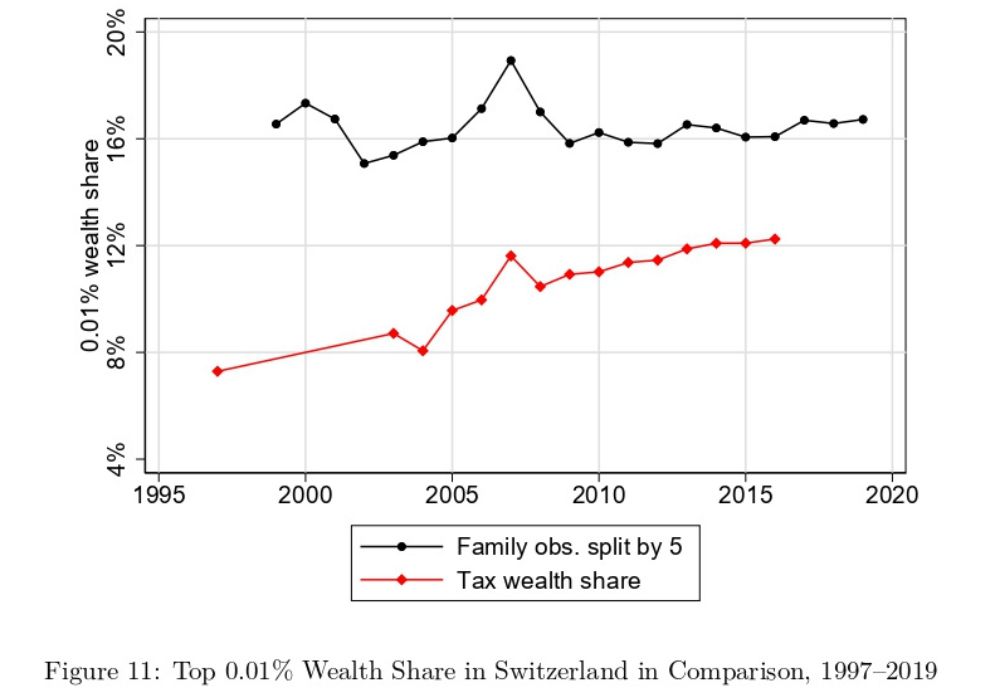
At the KOF Swiss Economic Institute at ETH Zurich, researchers are delving into the dynamics of income and wealth inequality. By studying the distribution patterns among the wealthiest in Switzerland, insights into the long-term evolution of income and wealth are uncovered, shedding light on the determinants of inequality. Another facet of this research focuses on optimal tax systems, striking a balance between efficiency and equity. As wealth inequality has been on the rise since the 1990s, the pressing need to address this disparity is evident. This work emphasizes the importance of ensuring equal opportunities for all, advocating for narrowing outcome disparities by enhancing equality of opportunity. Read more here.
An inclusive design competition
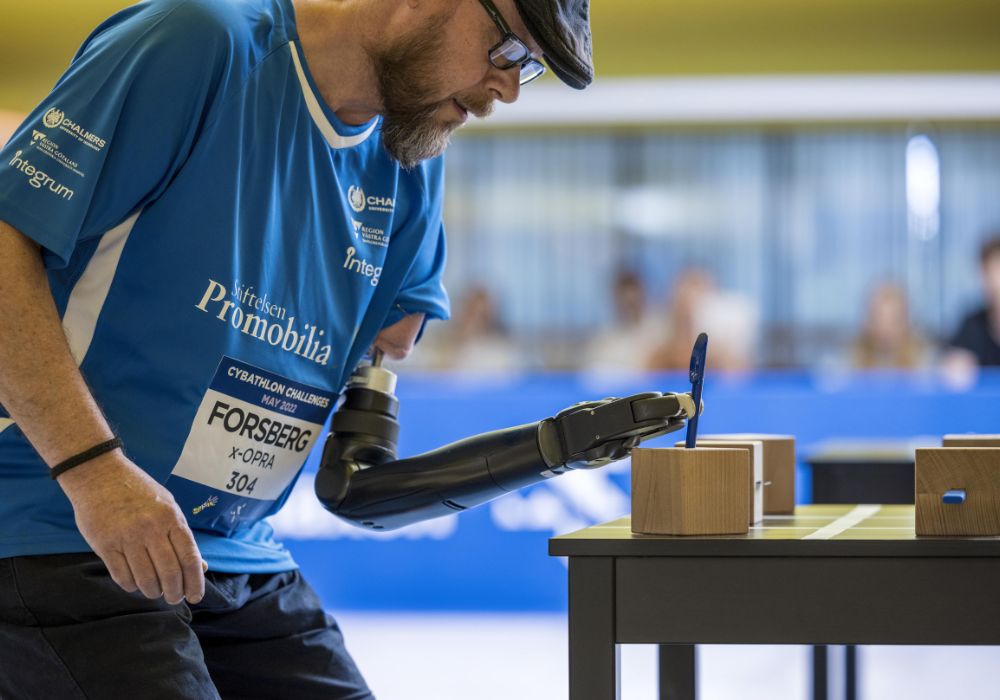
The CYBATHLON platform challenges international teams to design innovative assistive technologies tailored for daily use by people with disabilities. These competitions highlight the latest advancements, with teams comprising developers and individuals with disabilities working together to address common challenges. These events, which receive significant attention, have heightened awareness about the daily barriers faced by those with disabilities and underscored the potential of technology to bridge these gaps. By promoting inclusion and diversity, CYBATHLON emphasizes the importance of creating a society where everyone has equal access and opportunity. Read more here.
A global database to untangle social conflict
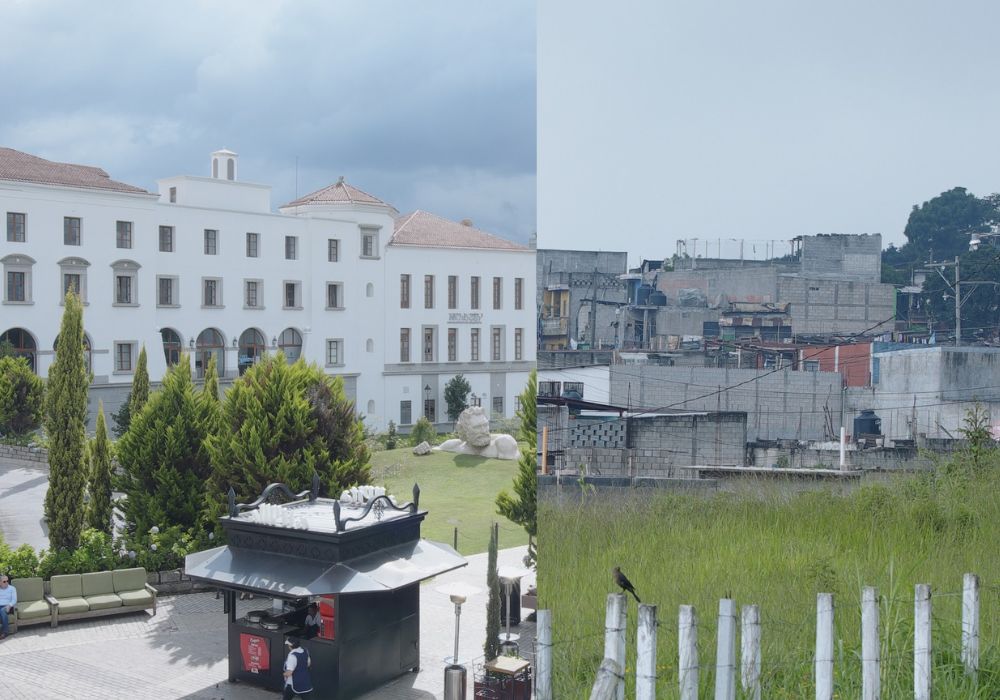
At the Department of Humanities, Social and Political Sciences, interdisciplinary research is being conducted to explore the intricate relationship between inequality and social conflict. By merging political and data science, an extensive, publicly accessible database has been created that covers ethnic power relations from 1946 to 2021. This data, which includes the GROWup platform and the Ethnic Power Relation Dataset Family, provides a comprehensive view of ethnic groups' involvement in politics, settlements, and connections to various organizations. This valuable resource helps inform stakeholders about factors that contribute to peace, emphasizing the significant role of reduced inequality in achieving stability. Read more here.
Evidence for Policy Makers and Society
The Public Policy Group solves dilemmas in immigration, refugee, integration and citizenship policy. The group seeks to inform public debate and help governments and NGOs design policies that work. Moreover, the group teaches courses about international migration and quantitative methods.
Exploring Inequality and Urbanization
The Development Economics Group’s research on poverty and inequality focuses on topics linked to urban life and various types of economic and socio-spatial inequality. Using interdisciplinary methods, the group explores perceptions of inequality, financial behavior of the urban poor, territorial stigmatization, and the question, how technology can be used to create more inclusive cities.
Rethinking International Cooperation
The NADEL - Center for Development and Cooperation connects researchers and practitioners to share, discuss and apply knowledge that addresses global and local development challenges, including inequality. With its MAS and CAS in Development and Cooperation it plays an important role in the education of international cooperation professionals.
Improving Lives
With branches at ETH Zurich and Stanford University, the Immigration Policy Lab (external page IPL) evaluates and designs policies surrounding the integration of immigrants and refugees worldwide. By translating new evidence into creative solutions, the IPL’s work can improve immigrants’ lives and strengthen their host communities.
Supporting Refugees
The student association Students Across Borders promotes social exchange between refugees and students. To this end, various events are being organized and tutoring lessons are being provided.
Lived Sustainability on Campus
Studies and Disability
The Disability Advisory Service is the first point of contact for disability-specific questions and problems and supports students to organise their studies. The focus is on the clarification of needs and coordination between the units involved.
Barrier-Free Mobility
Over the next few years, the project “Barrier-Free at ETH Zurich” aims to give people with physical disabilities or special needs largely unrestricted access to ETH Zurich buildings and services.
